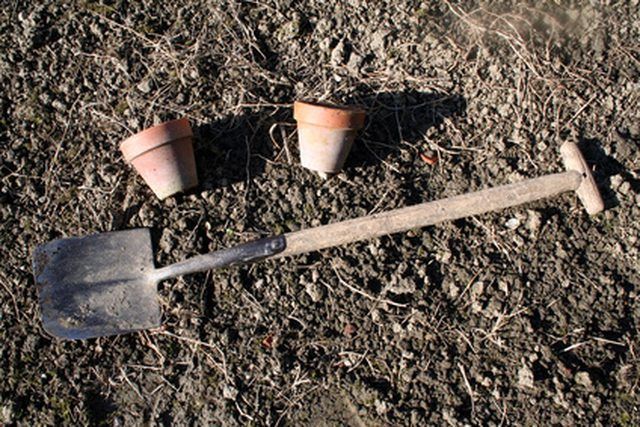Bulbs
Flower Basics
Flower Beds & Specialty Gardens
Flower Garden
Garden Furniture
Garden Gnomes
Garden Seeds
Garden Sheds
Garden Statues
Garden Tools & Supplies
Gardening Basics
Green & Organic
Groundcovers & Vines
Growing Annuals
Growing Basil
Growing Beans
Growing Berries
Growing Blueberries
Growing Cactus
Growing Corn
Growing Cotton
Growing Edibles
Growing Flowers
Growing Garlic
Growing Grapes
Growing Grass
Growing Herbs
Growing Jasmine
Growing Mint
Growing Mushrooms
Orchids
Growing Peanuts
Growing Perennials
Growing Plants
Growing Rosemary
Growing Roses
Growing Strawberries
Growing Sunflowers
Growing Thyme
Growing Tomatoes
Growing Tulips
Growing Vegetables
Herb Basics
Herb Garden
Indoor Growing
Landscaping Basics
Landscaping Patios
Landscaping Plants
Landscaping Shrubs
Landscaping Trees
Landscaping Walks & Pathways
Lawn Basics
Lawn Maintenance
Lawn Mowers
Lawn Ornaments
Lawn Planting
Lawn Tools
Outdoor Growing
Overall Landscape Planning
Pests, Weeds & Problems
Plant Basics
Rock Garden
Rose Garden
Shrubs
Soil
Specialty Gardens
Trees
Vegetable Garden
Yard Maintenance
What Is the Purpose of Compost?
What Is the Purpose of Compost?. Composting is the decomposing of natural ingredients to create a product to enhance the quality of soil. Individuals can make compost piles cheaply at home as an alternative to expensive, chemically enhanced fertilizers. Composting also recycles many consumer wastes.

Composting is the decomposing of natural ingredients to create a product to enhance the quality of soil. Individuals can make compost piles cheaply at home as an alternative to expensive, chemically enhanced fertilizers. Composting also recycles many consumer wastes.
What to Compost
Materials that are high in nitrogen will decompose quickly. Easily composted materials include grass, lawn clippings, leaves, pine straw, hay, weeds and other garden wastes and untreated sawdust. You can also compost kitchen wastes such as egg shells, ground coffee, tea bags and vegetable and fruit peels.
What Not to Compost
Do not compost chemically treated wood products such as chemically treated sawdust, diseased plants, human or pet wastes, meat, bones, fatty food wastes and pernicious weeds. Determine the origins of sawdust before adding it to a compost pile. Diseased plants, human wastes or pet wastes can spread infection. Meat, bones and fatty food wastes do not decompose quickly and could bring pests and flies. Pernicious weeds resprout from their roots.
Composting Essentials
Compost piles need fresh air to decompose because composting is an aerobic process. Covered or sealed compost piles do not decompose. A compost pile needs to stay moist because it is easier for microbes to spread. Compost piles in cold climates do not work as quickly as those in warm climates because the piles do not decompose.
Completed Compost
A compost pile is ready for fertilizing soil when it turns a deep shade of brown and it smells like wet soil or dirt. Consumers may use compost before completion, and it will continue to decompose while simultaneously fertilizing the soil. Do not use compost that is rotten.
Uses of Compost
Composters can use compost as a form of mulch to protect the roots of plants. Also, compost can enhance soil, combine with potting soil in potting mixes and create compost tea, which is a liquid fertilizer to spray on plants or crops.